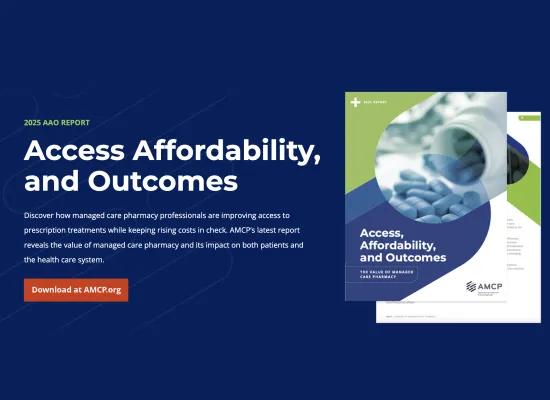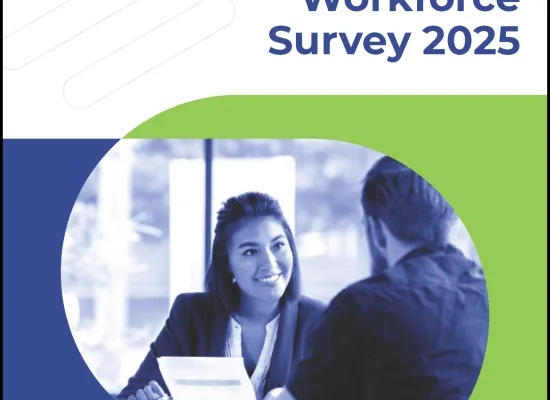
AMCP Addiction Advisory Group Releases Recommendations To Improve Access to Naloxone Through Coprescribing
Alexandria, Va., Jan. 26, 2022 — AMCP has recently published a manuscript in the Journal of Managed Care + Specialty Pharmacy (JMCP) focusing on the significant role that health plans, managed care organizations, prescribers, pharmacists, patients, and others have in decreasing the morbidity and mortality associated with opioid overdose.
Prescription opioid misuse remains a significant cause of morbidity and mortality associated with drug overdose. Researchers have demonstrated the benefits of naloxone coprescribing for patients on chronic opioid therapy within a paradigm of harm reduction.
The AMCP Addiction Advisory Group has made the following seven recommendations for managed care organizations to improve access to naloxone through coprescribing.
- Recommendation 1: Develop quality improvement or management strategies that mitigate the risk of opioid overdose through coprescribing of naloxone when factors that could increase the risk of overdose are present (e.g., history of substance use disorder, opioid dosages over 50 morphine milligram equivalents/day, and/or concurrent benzodiazepine use).
- Recommendation 2: Develop and implement educational programs aimed at members of health plan pharmacy and therapeutics committees and providers to reinforce the clinical benefit and the cost-effectiveness of naloxone coprescribing policies.
- Recommendation 3: Educate state legislative bodies about the value of coprescribing naloxone and the benefits of policy changes that support this practice, including reimbursement requirements for standing orders.
- Recommendation 4: Implement mechanisms to intervene when a member has used naloxone, viewing it as a teaching moment and offering opportunities to support members to seek treatment.
- Recommendation 5: Develop a payer toolkit that provides information and resources on coprescribing naloxone.
- Recommendation 6: Provide support, education, training, and reimbursement for providers who can assess patient risk using validated risk indexes, such as the Risk Index for Overdose or Serious Opioid-Induced Respiratory Depression (RIOSORD), to estimate the likelihood of life-threatening respiratory depression or overdose among medical users of prescription opioids.
- Recommendation 7: Develop and provide continuing education programs for plans, prescribers, and pharmacists on coprescribing.
AMCP is proud to lead efforts that will empower managed care organizations to take specific and meaningful actions to implement payment policies that improve coprescribing of naloxone for patients at risk.
About AMCP
AMCP is the professional association leading the way to help patients get the medications they need at a cost they can afford. AMCP’s diverse membership of pharmacists, physicians, nurses, biopharmaceutical professionals, and other stakeholders leverage their specialized expertise in clinical evidence and economics to optimize medication benefit design and population health management and help patients access cost-effective and safe medications and other drug therapies. AMCP members improve the lives of nearly 300 million Americans served by private and public health plans, pharmacy benefit management firms, and emerging care models. Visit www.amcp.org.
Featured News & Resources
See Full CalendarAward Applications Open
AMCP eLearning Day: Nexus Encore
AMCP 2026 Registration Opens
Upcoming Events
AMCP offers a wide variety of educational opportunities, from events and webinars to online training.







